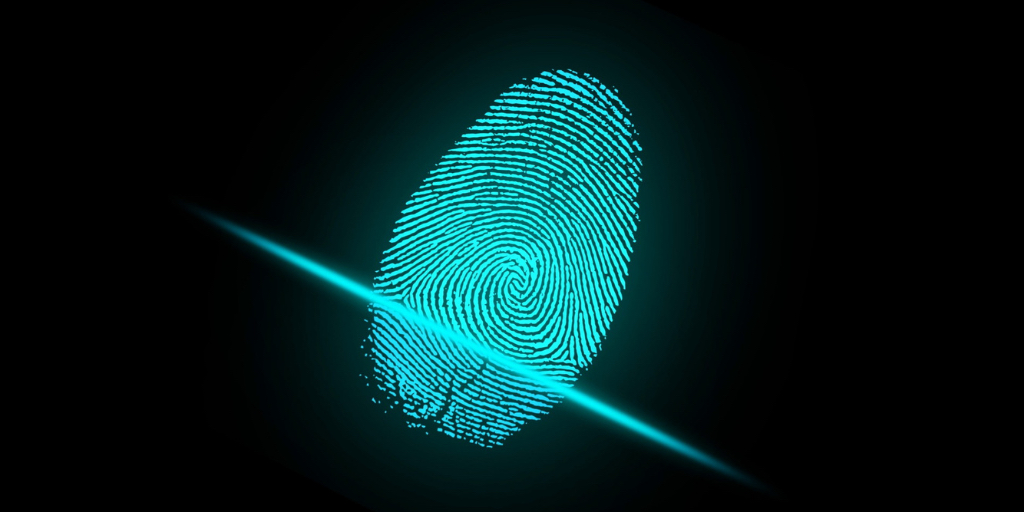For many, the criminal justice system is complex and often unpredictable. Some people may be faced with a charge for a crime that they did not commit and must have their matter heard by the court or request for the matter to be withdrawn by the police.
If you are arrested or charged with an offence, the police will take certain details to verify your identity, including your fingerprints and photographs. These are referred to as “Criminal Particulars”.
If my matter is withdrawn or I am found Not Guilty, will my fingerprint and photographs be destroyed?
After a matter is heard by the court and the accused is found not guilty of the offence or the matter is withdrawn by the police at the request of the accused, the police are not bound by any legislation to automatically destroy the finger print and photographs they took when they arrested you.
Can I apply to have my fingerprints and photographs destroyed?
In order to have your fingerprints and photographs destroyed you must make an application to the Commissioner of New South Wales Police and request that they are destroyed. However, the application will only be successful if the offence is found to be “Not Proven”. Section 137A of the Law Enforcement (Powers and responsibilities) Act NSW 2002 states as follows;
- A person from whom any finger-prints or palm-prints are taken under this Division in relation to an offence may request the Commissioner to destroy the finger-prints or palm-prints if the offence is not proven
- For the purposes of this section, an offence is not proven if—
- the person is found not guilty or is acquitted of the offence, or
- the conviction of the person for the offence is quashed, and an acquittal is entered, on appeal, or
- at the end of the period of 12 months after the finger-prints or palm-prints were taken (or, if an extension to that period is granted under section 137B, at the end of the extended period) proceedings in respect of the offence have not been instituted against the person or have been discontinued.
Section 137C of the act further provides the authority for the Commissioner of Police to order the destruction of Identification particulars in circumstances where the Commissioner of Police considers it appropriate.
If I am under the age of 18, will my fingerprints and photographs be destroyed?
If you are under the age of 18, you have more rights to have your photographs and fingerprints destroyed. This is to assist young people so that a mistake they have made whilst a minor will not necessarily have a lasting impact on their future.
If you are aged between 10 and 17 and have been charged with a Commonwealth Offence, your photographs and fingerprints must be destroyed 12 months after it was obtained by police in the following circumstances:
- If the offence is proven but no conviction is recorded;
- If proceedings have not commenced against you;
- If you are acquitted.
If you are under the age of 18 and have come before the Children’s Court in NSW, if you are found not guilty or the charges are withdrawn, your identification evidence must be destroyed.
The court will usually order for the destruction of these materials, however, even if the court does not make this order, the police are still required to destroy your fingerprints and photographs.
